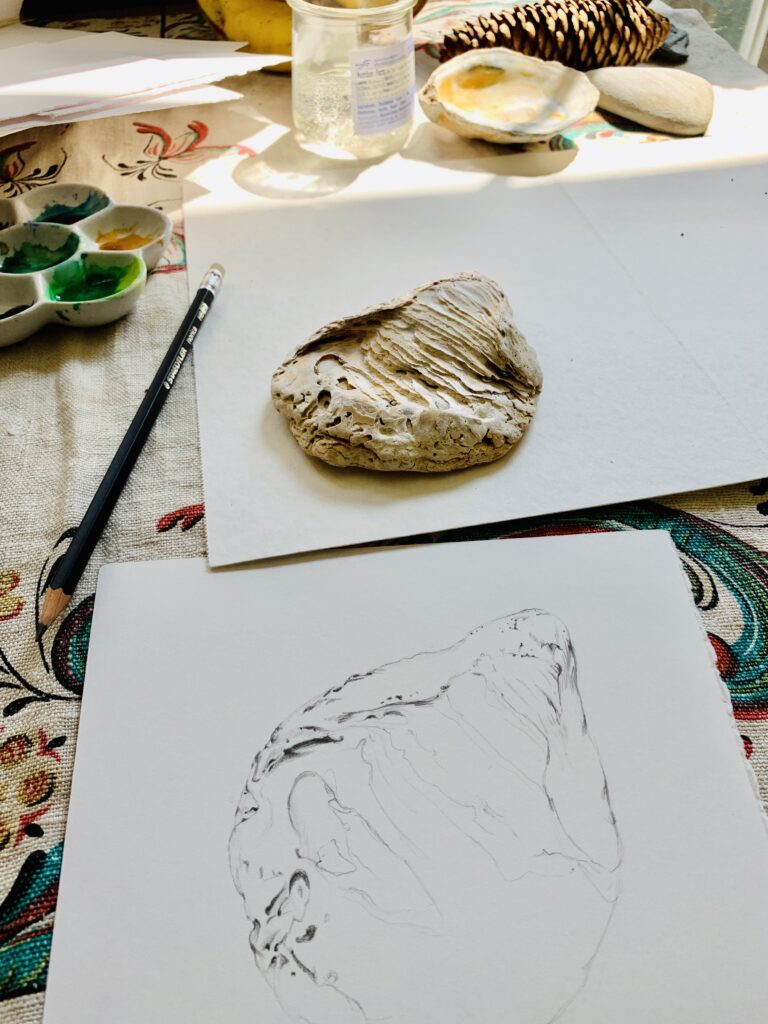
Just imagine you’re in a subway car and you are surrounded by commuters, children in strollers, and students on their way to school. Phones are pinging, rowdy conversations are volleyed about, your body is slammed against the metal pole as the subway car rounds a corner abruptly into a dark tunnel, and then cologne slams your nostrils as the doors fling open at the next stop. For most people, this is an ordinary experience with little consequence, but for the Highly Sensitive Person (HSP), this scenario can leave the individual overstimulated, overwhelmed and misunderstood.
You likely have encountered a highly sensitive person either at school or in the workplace and maybe even in your own household. Perhaps you are one of the 15-20% of the population who identifies with the qualities of a HSP (by the way, this means about one in five people is a HSP)! If you aren’t sure, or you want to know more about what this scientifically recognized trait is, then read on.
What you first need to know is that a highly sensitive person is not a person with a syndrome, condition, or disorder. Rather, stemming from a genetically heightened nervous system, High Sensitivity (HS), or Sensory Processing Sensitivity (SPS), is an innate trait that allows people (and non-humans) who have it to perceive and process subtleties in their environment that most people miss. In previous epochs, this was once a lifesaving evolutionary advantage, but SPS has become, in this frenetic age, an overwhelming burden. However, now with more awareness, recognition and compassion, we can celebrate and support HSPs for their valuable gifts.
The revelations surrounding HSPs are profound and close to my heart as my own daughter has been gifted the traits of a highly sensitive person. Being of mixed race and a HSP, my daughter was the subject of much bullying all throughout her primary schooling. We wish there had been open conversation, more awareness and understanding about the value of sensitivity in our culture so we, and others, could have avoided a lot of suffering. Now, thanks to the pioneering work of Dr. Elaine Aron, the phenomenon of HSPs has medical research to validate it, and a name and language that help to redefine the narrative around this normal and wonderful kind of human being.

So How do I know if I, or someone I love, is a Highly Sensitive Person?
A link to Dr. Elaine’s self-test is here.
There are several common aspects of high sensitivity that may point to whether you are a HSP and one of the first things you may notice is that HSPs are wired differently. Research has discovered that the Highly Sensitive brain has more activity in a discreet region, called the insula, than do the rest of us. The insula is an area essential to one’s assessment of stimulus intensity and perception of self-awareness. Because HSPs are wired to constantly take in a lot of information around them and reflect deeply about it before engaging, this may result in slower decision making and more time shifting gears or taking action.
Overstimulation is a constant hazard for HSPs as they are noticing subtle details in their environments and responding more emotionally to that stimulation. They are also more deeply impacted by strong sensory input such as bright lights, loud noises, strong smells or rough textures. Consequently, HSPs often become exhausted due to the high levels of input.
Emotional responsiveness is another hallmark of HSPs. Neuroscience has made recent discoveries about the heightened activity of mirror neurons in HSPs, which are fundamental to how HSPs excel in interpreting the intention of others. That is to say that more active mirror neurons are responsible for stronger feelings of empathy for others and their resulting emotional responses. Simply put, HSPs are typically very empathic folks and are sometimes mischaracterized as empaths (a different kind of person).
In addition to the archetypal traits mentioned above, take a look at the other attributes below to see how they resonate with you.
Other General Attributes of HSPs
- Startles easily and usually does not like big surprises
- Very sensitive to pain
- Feels misunderstood
- Often needs rest after over stimulating situations
- Struggles with social anxiety
- Tends toward high degree of creativity
- Prefers quiet play or recreation
- Often ruminates many days and weeks following an incident
- Has a rich and complex inner life
- Tends to have a clever sense of humor
- Asks a lot of questions

Challenges/Disadvantages for HSPs and the Greater Community
Children who are HSPs often grow up misunderstood, plagued by bullies and dismissed without the support and understanding of others. In response, HSPs often suppress and hide their feelings which, in turn, leads to high levels of stress, anxiety and depression. (In my daughter’s case, feeling isolated, she turned inward and suffered from anxiety that manifested as constant stomach aches and very difficult transitions from one thing to the next.) And, if stress, anxiety and depression aren’t enough, take the fact that the prevalence of HSP is evenly distributed among males and females worldwide. Yes, let’s just bust a myth right here, right now – males are just as likely to be a HSP as females. And, the cultural consequences of sensitivity for males in America are far more negative than for females, resulting in boys and men doubting their self-worth, losing trust in themselves and others, feeling rejected and withdrawing from society. When that happens, we all lose out on their potential love, intelligence, and contribution. Now more than ever, do we need self-respecting, empathetic, and sensitive men and women to reclaim a healthy society. We can do that by prioritizing sensitivity as a valuable and essential characteristic of humanity and provide our communities with therapeutic modalities that support it. This is all to say that HSPs have been flying under the radar for far too long and they could use some love.

Strengths/Advantages of HSPs
While not super humans, studies conducted on resting brains of HSPs demonstrate deeper information processing than the other 75-80% of us. They are the type of people you want to take with you on a deserted island not just for their deep thinking but for their innate empathy, creativity, and their ability to notice subtle shifts in behavior and environment. Oh, and remember when I mentioned that animals (including fruit flies, horses and primates, among others) also have Sensory Processing Sensitivity? Well those animals get to be the leader of the pack because they are able to keep the group safe with – you guessed it – their survival secret weapon, SPS!
Other Strengths of the HSP Often Include the Following:
- Intuitive and perceptive – This gives HSPs natural BS-detecting abilities.
- Feel deeply – HSPs feel both physical and emotional feelings more intensely than non-HSPs.
- Creative and imaginative – Especially where nuance is necessary, HSPs excel in these creative pursuits.
- Sense of justice – HSPs, often victims of bullying themselves, can relate to and rise up to defend them. This makes you, HSP, a hero.
- Lover of nature – This includes loving animals and other living beings, making HSPs an ideal planet advocate.

How Can Highly Sensitive People Not Only Stay Healthy but Thrive?
Prioritize wellness – period. This can require more effort from the HSPs but is essential to living their best lives. And while this second point may seem obvious, everyone needs to be reminded about how impactful good nutrition is on our overall mental and physical health. Beyond these first two non-negotiable self care strategies, the others will be more personalized to each HSP.
In my own experience as a mother of a HSP, compassion, listening and adaptation were the first ways to support the HSP in my life. We found quiet visualization was effective for calming the buzzing brain of my daughter. There are many other self care options that can facilitate and maintain a balanced and supportive lifestyle that include, but are not limited to, meditation, psychotherapy, and the use of herbs. Also, because HSPs demonstrate more brain activity, even while sleeping, getting enough quality sleep can provide significant benefits. Here are a few more ways to support HSPs.
- Self-advocacy by getting comfortable saying no. Gracefully declining invitations to loud and crowded events will avoid exhausting overwhelm. This could even be as simple as putting the phone on “Do Not Disturb” mode.
- Taking time out for meditation and breathwork. These are internal restorative processes that are an antidote to absorbing input from the outside.
- Making time and space each day to recharge in a quiet place. This can be in your home, workplace or even outdoors, depending on your situation.
- Create healthy boundaries for self-preservation. If you are adversely impacted by negative talk, then avoid or limit interaction with those sources (people, news, social media).
- Journaling as a creative and positive tool. HSPs need a place to deposit all of the information they are processing!
- Body oiling, known as abhyanga in Ayurveda, can provide an opportunity for self-love while applying an envelope of oil that acts as a healing layer of protection from others’ energy.
- Incorporating herbs through diet and aromatherapy can support your nervous system and relieve anxiety.
Speaking of herbs, why don’t we take a little walk through the herb garden and chat about a few standout herbs that can provide effective yet gentle support? Two categories of herbs, in particular, come to mind and they are nervines and adaptogens. The nervines address conditions that stem from the nervous system, so think of anxiety, stress, and insomnia. The adaptogens, with many cross-over actions as the nervines, are considered modulators of the immune system. They also assist the body’s own ability to resist and respond appropriately to stressors whether physical, emotional or mental.
Herbal Nervines
- Milky oats (Avena sativa) are a sweet and restorative herb that can soothe the nervous system and those suffering from frayed nerves.
- Skullcap (Scutellaria lateriflora) lends restorative support to an overwhelmed nervous system. This nourishing herb is also helpful when a restless mind needs assistance shutting off for a healthy night’s sleep.
- Lemon Balm (Melissa officinalis) is prized for its ability to lift spirits, nourish the nervous system, strengthen the brain’s resistance to stress, and provide gentle sedative support for tension.
- Lavender (Lavandula angustifolia) is a gentle support for stressful times.
- Kava kava (Piper methysticum) is a gentle body relaxer and mind lifter that can be helpful where social anxiety is present.
- Passionflower (Passiflora incarnata) can help with anxiety and getting a good night’s sleep.
- Blue Vervain (Verbena officinalis) is known as an alterative that helps the body remove toxins while being helpful where there are signs of depression, irritability and nervous tension.
- Motherwort (Leonarus cardiaca) is helpful for calming the heart and setting healthy boundaries.
- St. John’s Wort (Hypericum perforata) with its luminous and expansive character, this uplifting plant is helpful for repelling unhelpful forces. It has been used extensively for relieving anxiety and mild depression.
Herbal Adaptogens
- Reishi Mushroom (Ganoderma lucidum), known as the king of mushrooms, can lend a gentle yet calm strength to the spirit and provide immune-boosting properties.
- Eleuthero (Eleutherococcus senticosus), also called Siberian ginseng, is known for its ability to reduce stress and, because quality rest is important for HSPs, this herb can also improve the quality of sleep and reduce nighttime awakening.
- Tulsi (Ocimum sanctum), also known as holy basil, is a beautiful herb used widely for its adaptogenic qualities, especially for those influenced by general overwhelm and fatigue.
- Ashwagandha (Withania somnifera), named for the spirit of the horse, this powerful herb can lend energetic support to those with burned out adrenals and overactive stress hormones. And as the genus name hints to, this herb also works as a sedative, gentle enough to use with children and the elderly.
- Schisandra (Schisandra chinensis), shines as an adaptogen that regulates stress hormones in the body while helping to increase focus and work quality.
What I would really like to say in parting is that all you Highly Sensitive People out there are seen. Your traits are valuable, your empathy is needed, and it’s your time to shine.
And a few final notes: The contents of this article (and this website), are not meant to diagnose, treat, or cure any condition, medical or otherwise. Furthermore, WCS is not compensated for nor does it endorse any of the external links, but suggest them only as a place for further exploration. And finally, references and links to Dr. Elaine Aron’s work are supplied with permission of Dr. Aron.

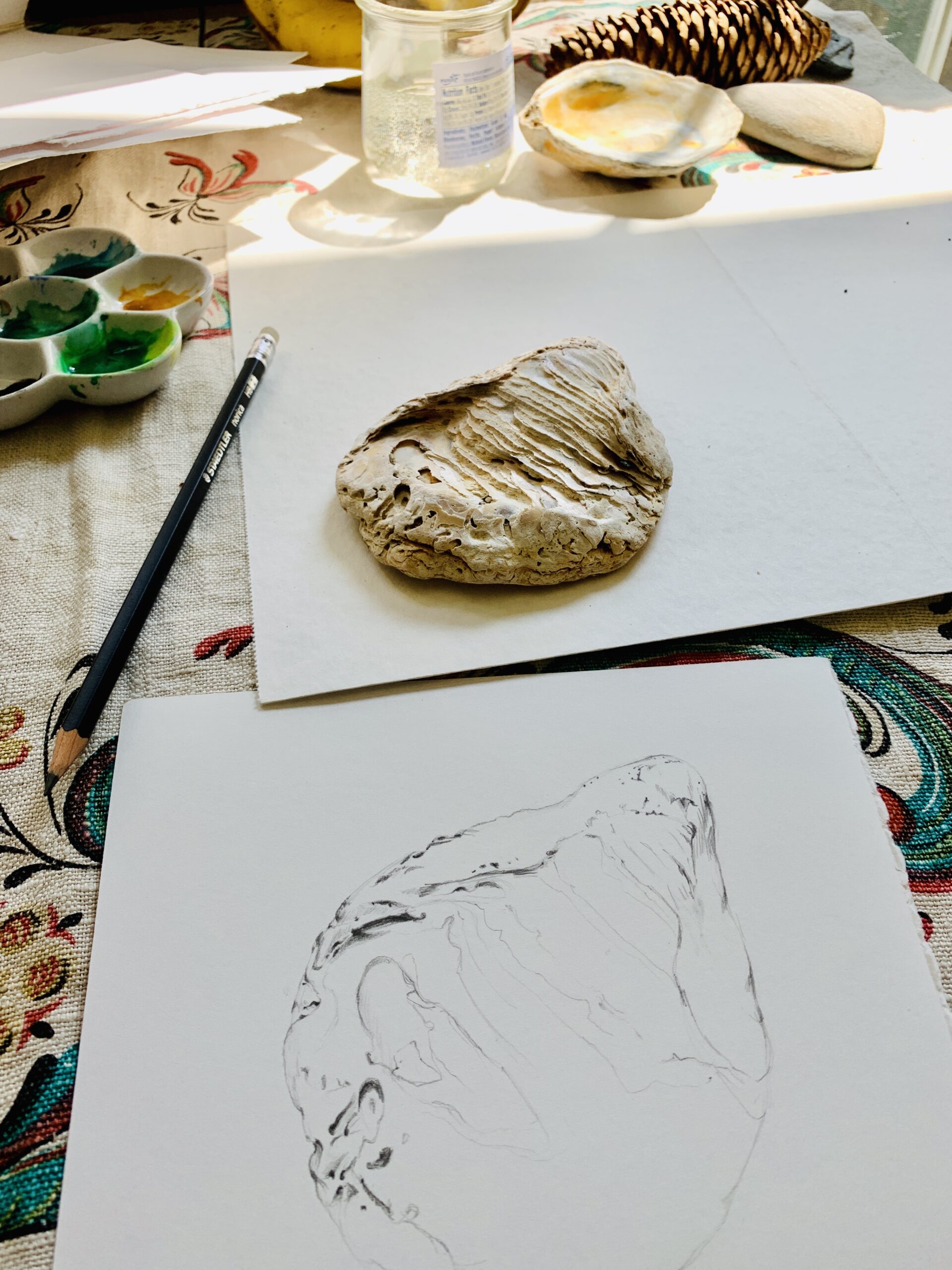
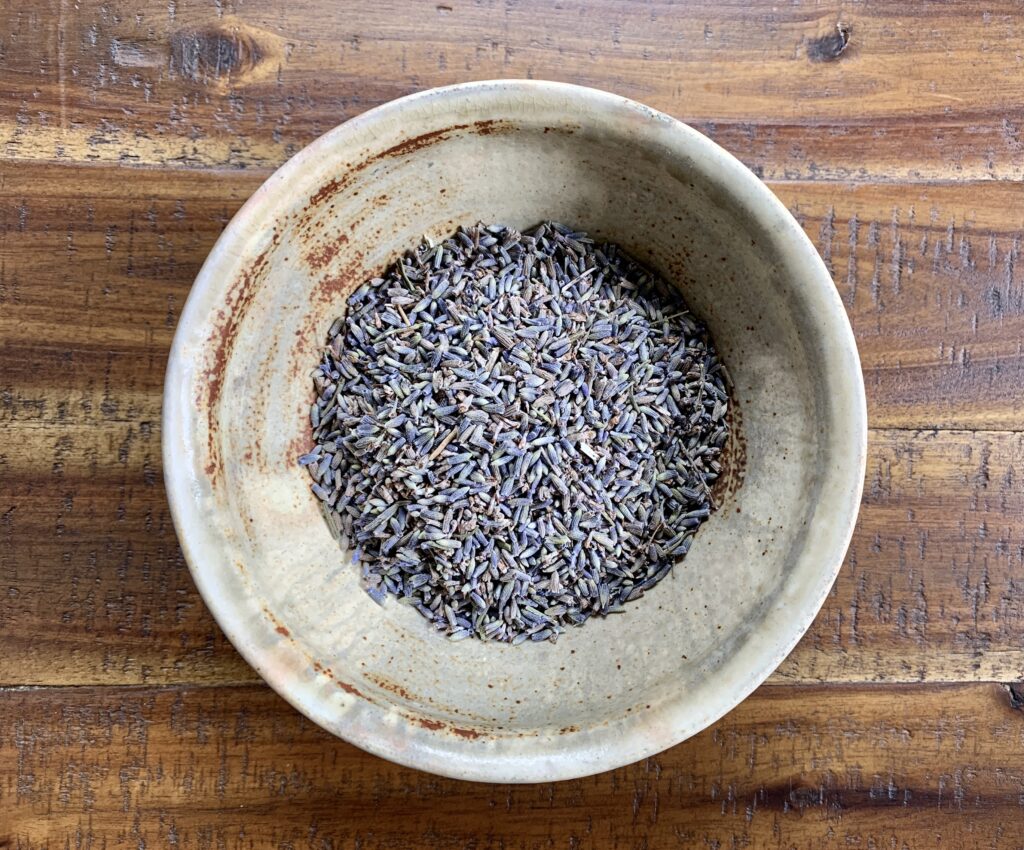
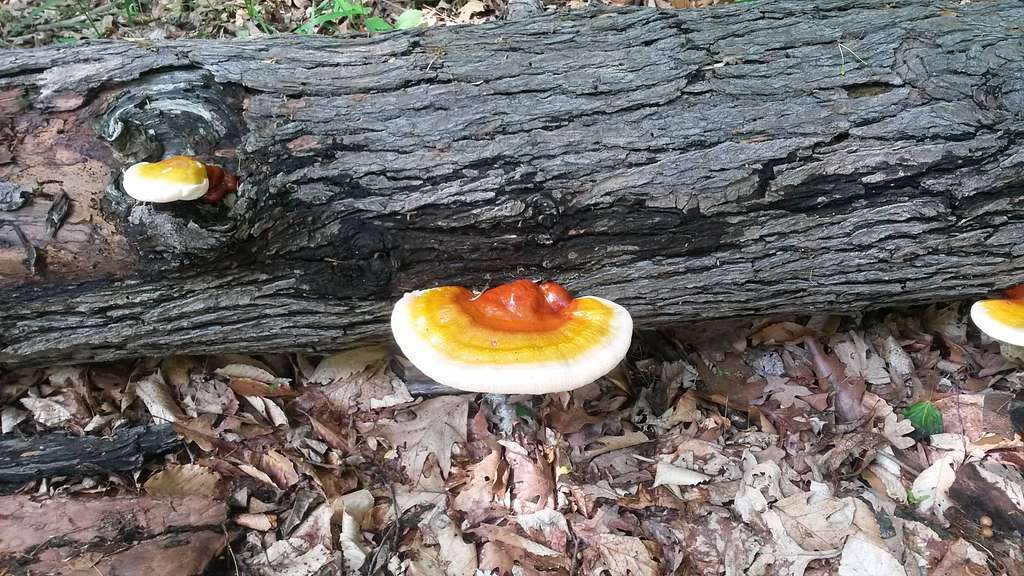
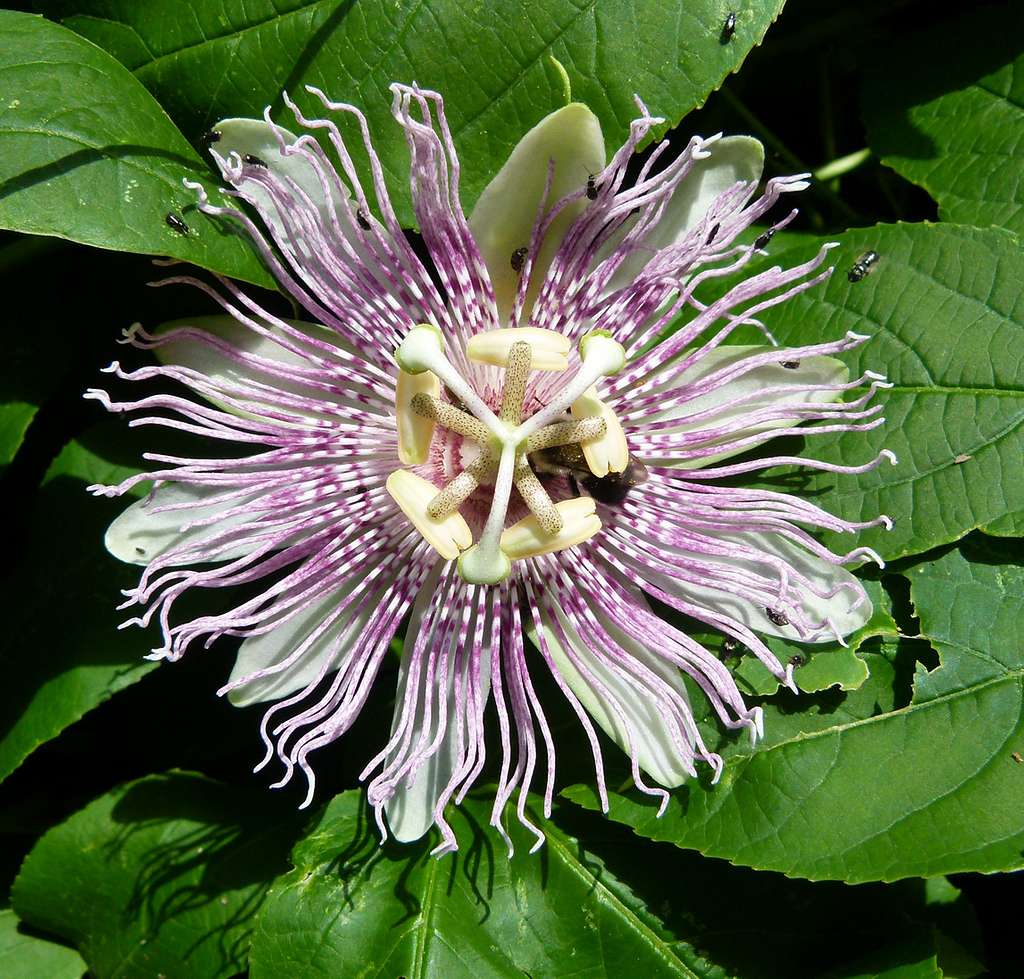
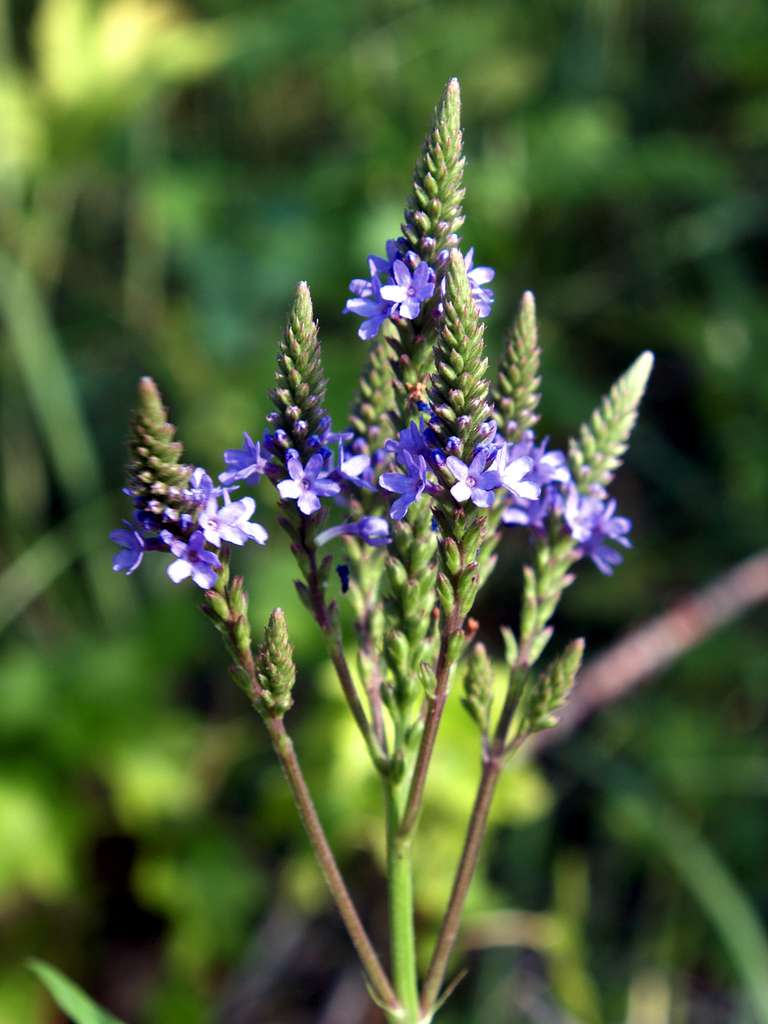
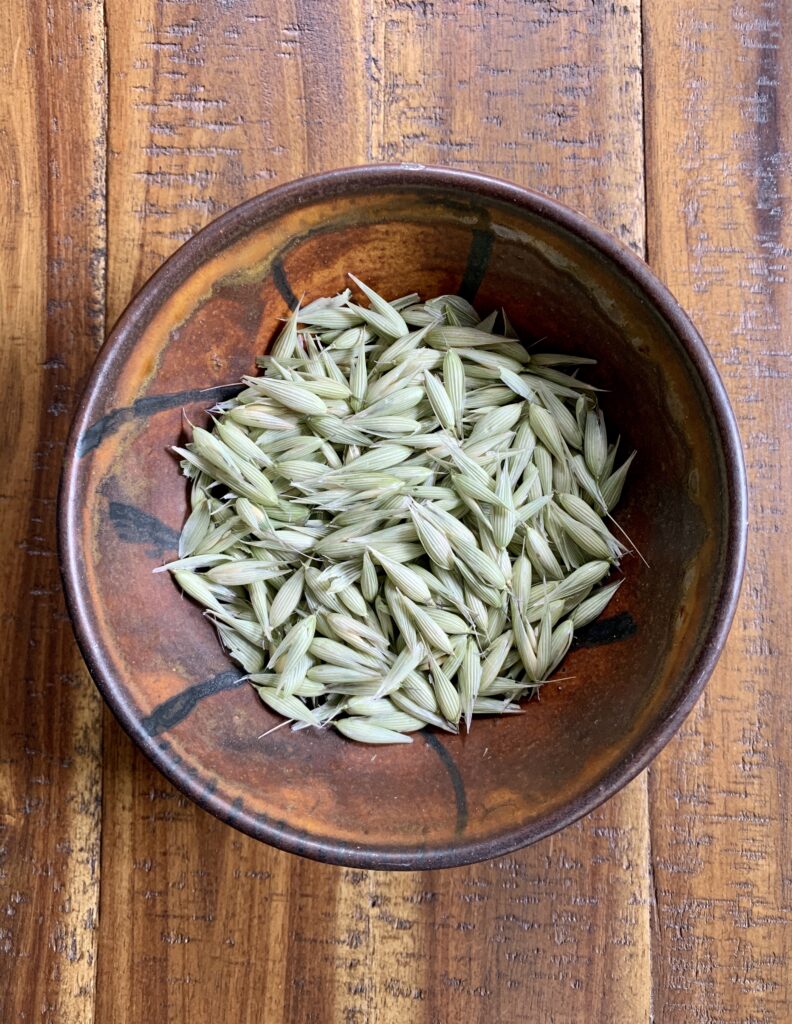

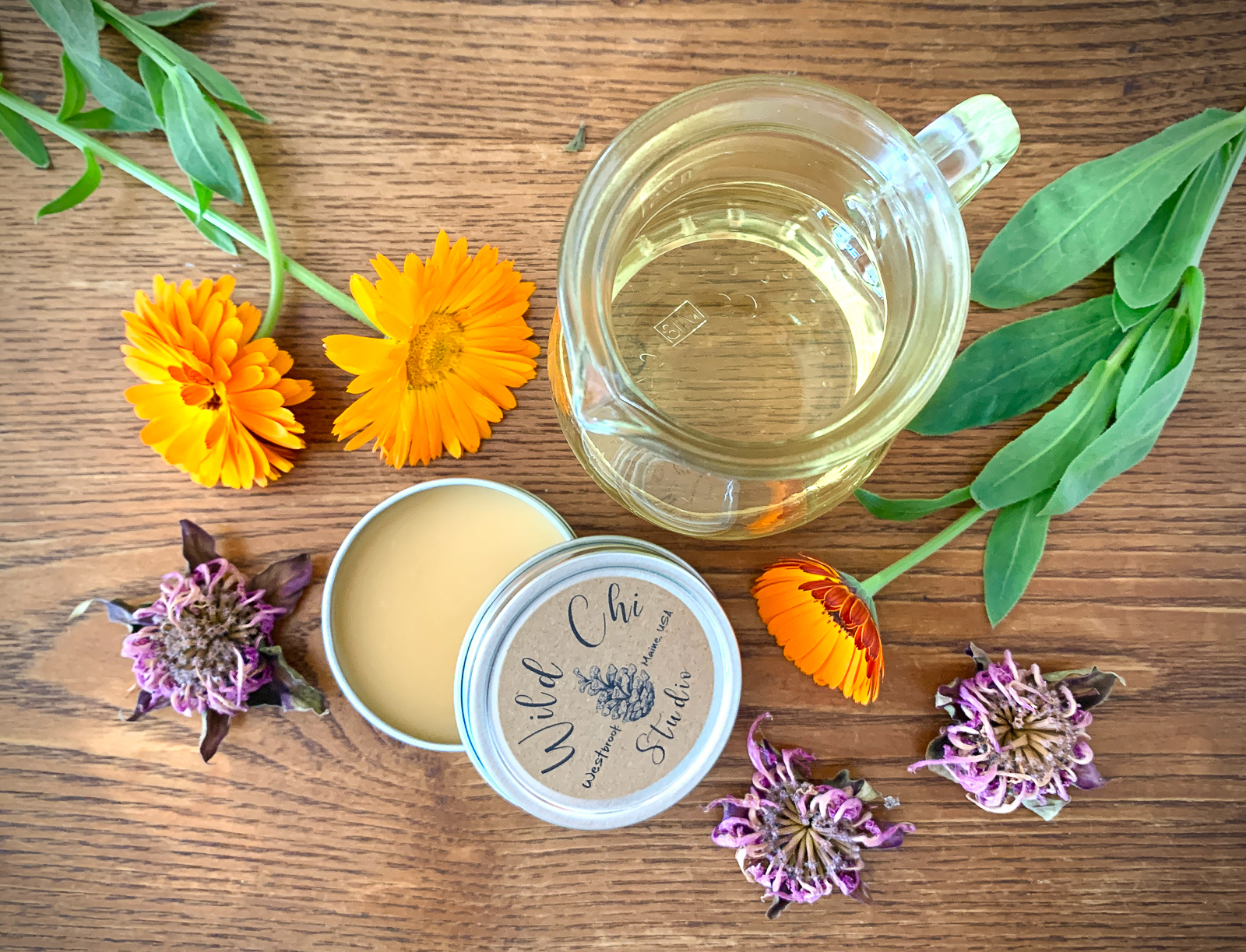

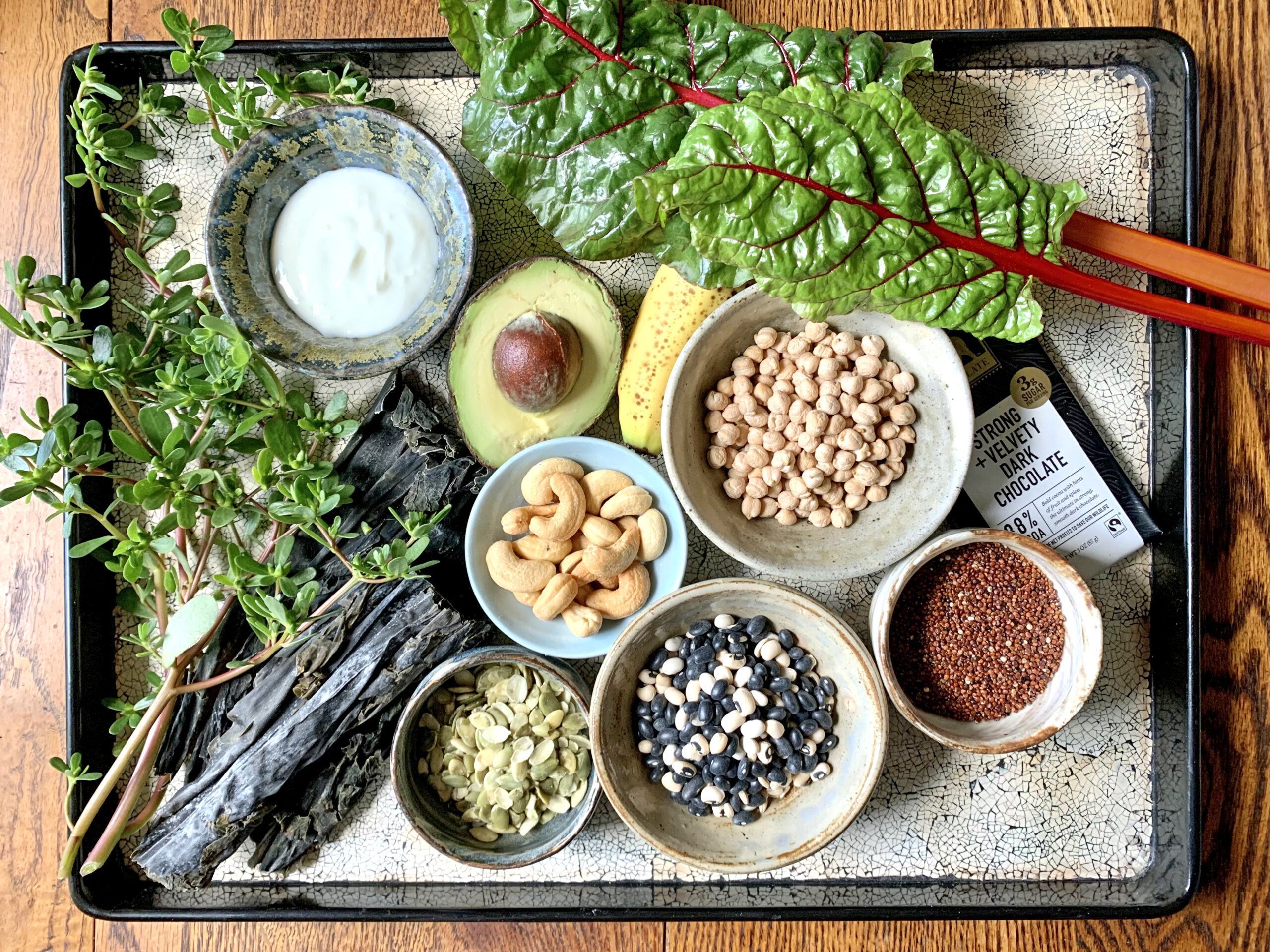

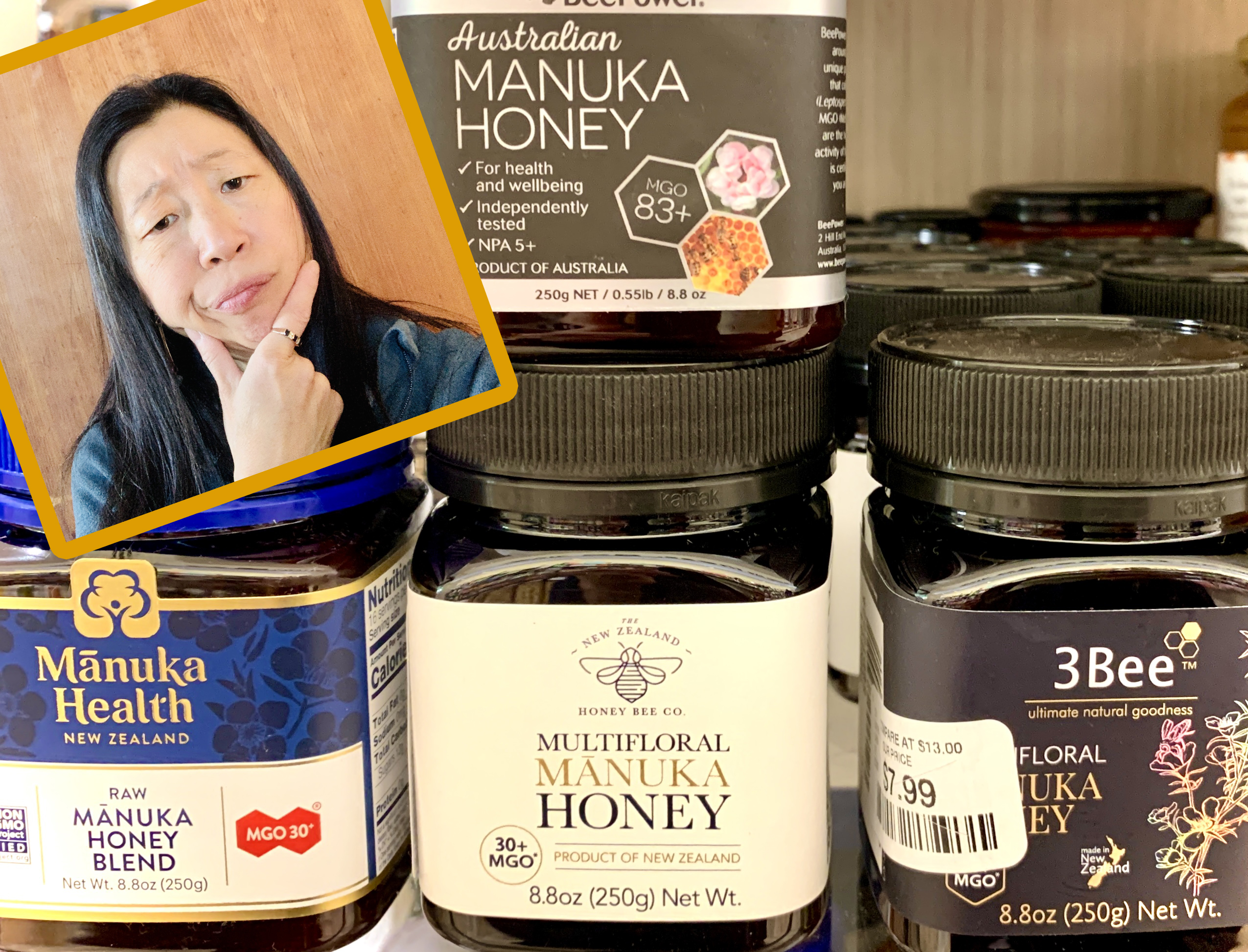
I would guess that a majority of writers fall into this category.
Monica, there is no doubt that many a HSP contain the creative spirit that is endemic to writers! And, thanks for reading this post that lives close to my heart.
Abby, what a beautifully written, informative article. Thank you!
Thanks for the kind words, Elaine. Knowing that you come from a large family, there’s bound to be a HSP among you all wonderful folks!